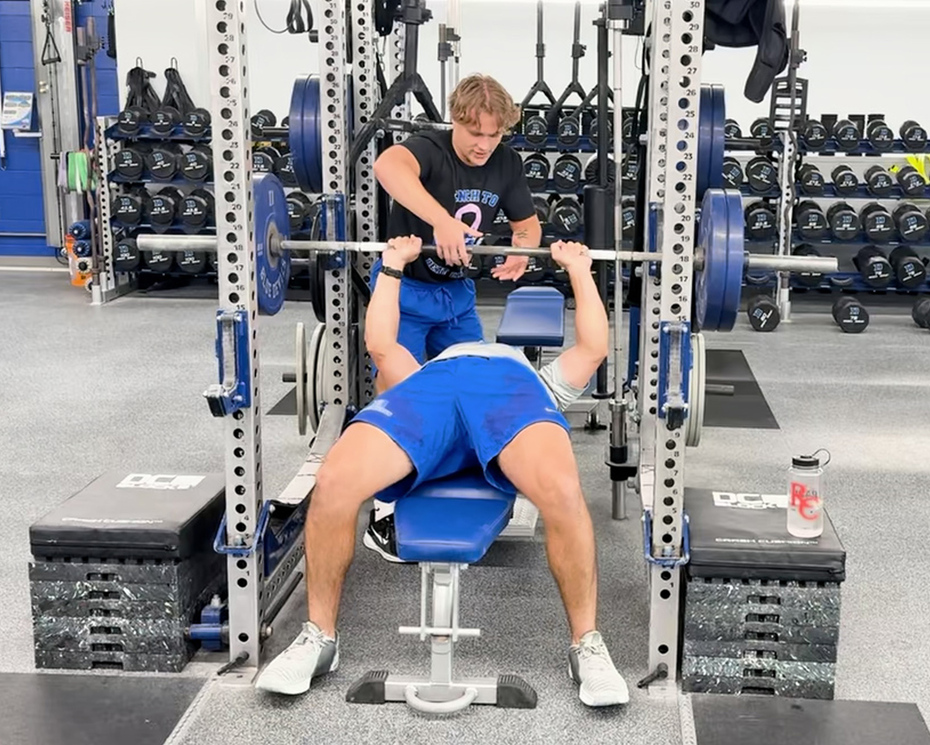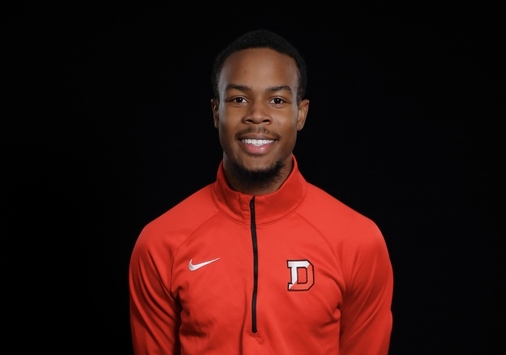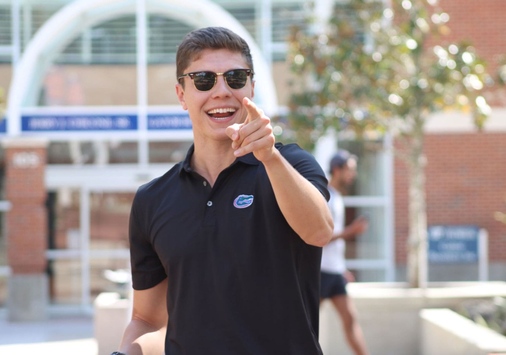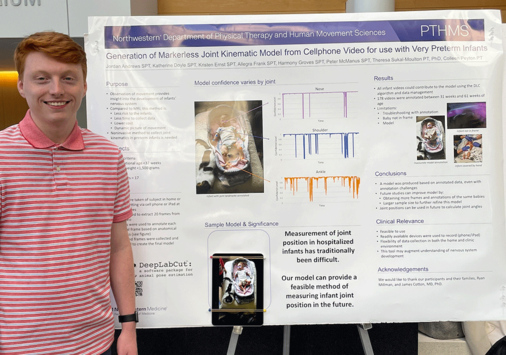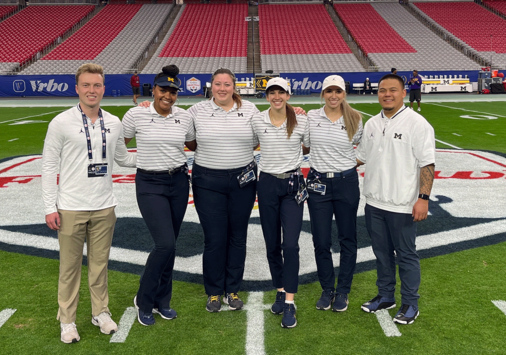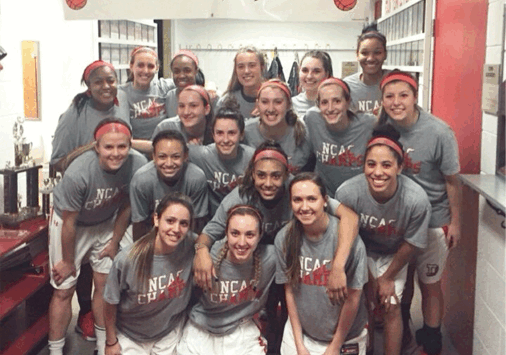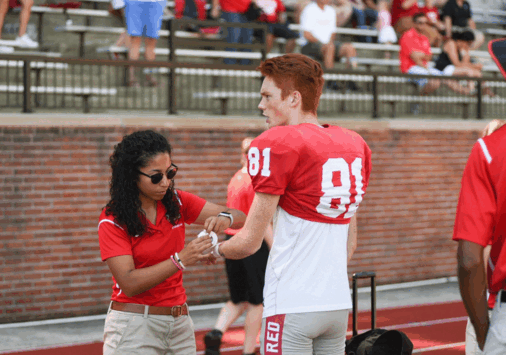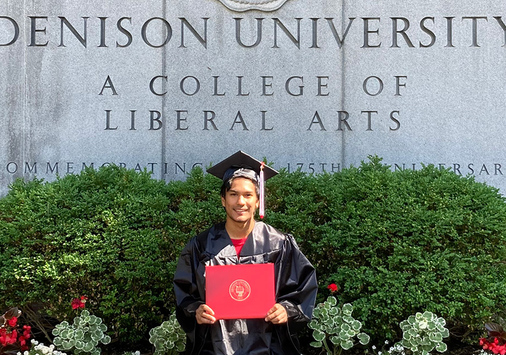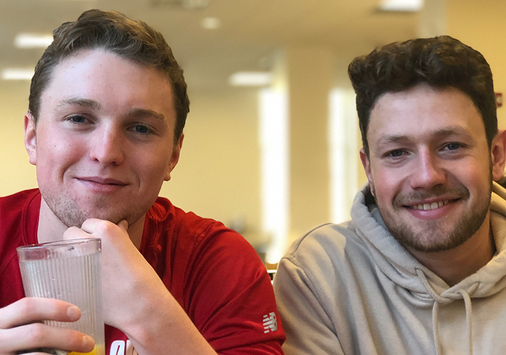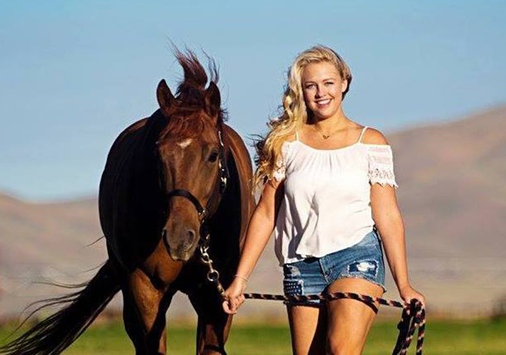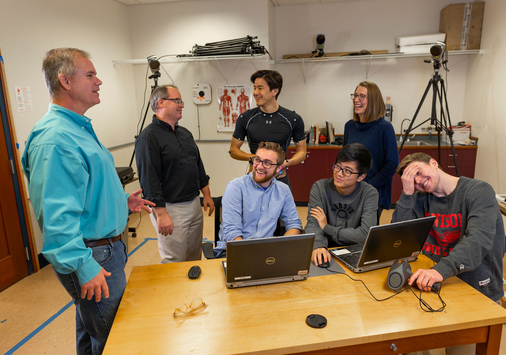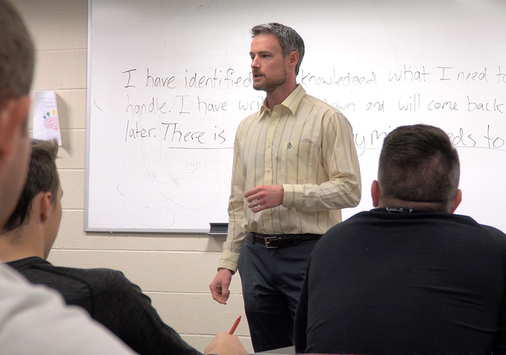Courses
2025 - 2026
For this academic year's course catalog, please visit our Academic Catalog site. For courses currently offered, please refer to the Schedule of Classes.
A general category used only in the evaluation of transfer credit.
This course examines the historical foundations of sport in the United States, from the early cultures of the indigenous peoples of North America to present day. In particular we will explore the history of sporting activities by examining their rise from tribal and folk games during pre-colonial and antebellum America, to the national pastimes and amusements of the 19th century, to the financial commodification of sport in the 20th and 21st centuries. Overall, this course will explore how social, political, and economic factors throughout U.S. history have shaped our historical understanding of culture and athletic experiences.
This course is designed to present introductory material that pertains to the study of health and exercise. Material presented during course include: organization of body’ systems and the role of exercise on those systems, medical terminology, common medical conditions, principles of fitness, fundamentals of nutrition, common behavioral theories and psychology of sport, as well as principles of motor behavior and kinetics.
An in-depth study of the organization and function of anatomical structures within the human body. Topics include: skin, connective tissue, nervous, musculature, skeletal, digestive, respiratory, cardiovascular, endocrine, and urinary systems. The laboratory component of the class includes cat dissection and skeletal system identification. No first-year students.
This course provides an introduction to research methodology with an emphasis on practical relevance and application for students considering careers in health, fitness, movement or sports. Topics include formulation of research questions and hypotheses, recognizing good research designs, understanding statistics and measurement in research, and effective dissemination and application of findings. Acquiring an understanding of research methods in the health sciences is a critical skill for researchers and practitioners. These skills will serve as a critical foundation for HESS students navigating the intermediate and advanced courses in the major.
Prerequisite(s): HESS 200 and HESS 201.
A general category used only in the evaluation of transfer credit.
A study of the biological, psychological, and sociological data underlying a full spectrum of health related behaviors. A variety of topics including physical health, sexual habits and health, drug and alcohol use and family dynamics will be covered. In addition, students will complete a number of self-assessments with respect to their related behaviors.
Prerequisite(s): HESS 202.
This course will explore the theoretical and empirical research pertaining to the psychological structure of performance. Using the Social Cognitive Theory as a foundation, this class explores the structure and dynamic interactions between personal factors, environmental/situational factors, and behavior. Specific subjects include, personality, motivation, self-regulation, arousal/anxiety, attribution, and communication.
This course is designed to present the fundamental principles that govern the use of various therapeutic modalities associated with physical rehabilitation. We will specifically discuss the physical principles of infrared, acoustical, and electrical energy, exploring the mechanisms by which these forms of energy augment the restoration of the body. At each step, we will take time to practice therapeutic applications using prevailing standards of care. This course will explore the importance of health and healing. At the conclusion of the class students will have a greater appreciation for the nexus between the concepts of health, healing and biomedical treatment. Within this class, the art of oral communication as practiced within health care is explored. Students will develop competence in oral communication and the skillful using body language.
Prerequisite(s): HESS 202.
This course is a study of the anatomical and mechanical fundamentals of human motion. The course will examine various joint systems in the body with an emphasis on the forces and biomechanical factors that operate on the muscles, connective tissue and bones in each joint system. Sports specific movements and injury risk factors will also be discussed.
This is a course aimed at introducing students to the behavioral basis of diseases. It provides an important foundation for students in the understanding of diseases and the role of behavioral decision making in chronic disease prevention. Emphasis will be placed on the behavioral aspects of disease processes, as well as its relationship to public health and health promotion.
This course explores the philosophical ideas related to the meanings, functions, values, and purposes ascribed to sport and athletic competition. We will study foundational ethical theory and apply it to matters in sport like competition, performance enhancing drugs, gender equity, capitalism, politics, and notions of violence. Students in this course will assess how sport is connected to social differences and structures, and notions of self in national and global contexts. We will also focus on the realities of players, coaches, administrators, and fans and the rationales they give regarding their relationship to sport. Students will be encouraged to assess how sport functions in their personal lives and consider how course discussions and materials fit into contemporary conversations. Overall, this class explores the many meanings humans give to sport and athletic competitions.
Prerequisite(s): HESS 200.
This course will examine the role and significance of sport in the lives of youth in the United States. Students will be introduced to the many issues and challenges facing athletic competition amongst children and adolescents today. The course will explore cultural, political, and socio-economic matters as they relate to youth involvement in sport. Students will view sport as a social institution, and as such, examine the impact of sport in American society, and how the differing structures of our society impact youth involvement in athletic competition. The course will also examine youth sports as an industry, and how it influences institutions and corporations, and the relationship of youth sport to a number of entities like government, education, media, business, and religion across the U.S. landscape.
Prerequisite(s): HESS 200.
This course, grounded in history, Black studies, and sport studies frameworks, focuses on the experiences of Black athletes in the United States from the 18th century to the 21st century. Great emphasis is placed on the 20th and 21st centuries. Through an examination of personal narratives and social movements, students will explore the numerous factors that have shaped the individual and collective experiences of athletes of African descent in sports. The aim is for students to gain an understanding of the role sports have played in the lives of Black athletes in the United States based on their varying social identities that have shaped their lives. The class will place certain themes such as race and racism, slavery and freedom, and oppression and resistance, through the prism of athletics in the context of U.S. society.
Prerequisite(s): HESS 200 or BLST 101.
Crosslisting: BLST 308.
Life Span Motor Development examines factors that influence motor development from conception through adulthood. This course focuses on theoretical perspectives and practical applications of motor development principles and the mechanisms underlying changes and patterns of movement throughout the lifespan. Factors related to the development of movement skills such as growth, maturation, aging, and perception will be thoroughly examined using the model of constraints as means for solving motor development problems, important to assisting progress in all movement-related fields.
Prerequisite(s): HESS Core (HESS 200, 201, 202, 203).
A course offered in the Fall semester. Approved students have the opportunity to explore an area of study under the direction of a member of the faculty. This course also provides approved students with the opportunity to participation in directed student research.
A course offered in the Spring semester. Approved students have the opportunity to explore an area of study under the direction of a member of the faculty. This course also provides approved students with the opportunity to participation in directed student research.
A course offered in the Fall semester. Students who have a desire to independently explore a subject of their own choosing are invited to seek the approval of a member of the department faculty. Once approved, the student will meet periodically with their faculty sponsor in order to discuss their progression.
A course offered in the Spring semester. Students who have a desire to independently explore a subject of their own choosing are invited to seek the approval of a member of the department faculty. Once approved, the student will meet periodically with their faculty sponsor in order to discuss their progression.
This course focuses on the history of college football in the United States from its northeastern origins to its growth southern and westward. This reading and writing intensive class will also examine the sociocultural factors along with a contemporary exploration of the sport and how it has shaped the current landscape of higher education. “The History of College Football” will explore how college athletics across divisions, conferences, states, and cities helps us understand the realities of the human experience through sport. Considering the various traditions and social mores within the sport, this class will grapple with the larger narrative of American history and culture through the lens of college football.
Sport in the United States is far more than a source of leisure, entertainment, or fitness. Rather, sport – particularly when played on a college or professional level – has become an institution that, in becoming embedded in our culture, both reflects and shapes our society. Through readings, class discussions, and the writing of a 15-20 page research paper based on the analysis of historical documents and scholarship, this course will explore the intersection of race and sport in U.S. history. While college and professional sports have often been viewed as vehicles for obtaining equality and upward mobility, sports have also reflected and perpetuated inequality in American society. We will interrogate the construction and significance of race in American sports, including its intersections with class, gender, sexuality, and ethnicity. Paying special attention to the experiences of athletes of color in a variety of sports, we will explore the ways that they navigated the world of sports and thought about and utilized their positions to advocate for social change. We will also use sport as a space to think about concepts of identity, community, and nationalism. Note that this course is not eligible to fulfill a Social Sciences General Education requirement.
A general category used only in the evaluation of transfer credit.
Students will study the administration of athletics, physical education and club/intramural sports. Students will be introduced to the various means of structuring an organization in order to achieve the objectives of physical education and athletics. The course will cover budget and various management functions, as well as the essential elements of leadership needed for the efficient administration of sport related programs.
This course provides an opportunity for students to comprehend and master the techniques by which orthopedic injuries and common illnesses are evaluated by health care professionals. Each week students are presented with practice session in which the evaluative techniques discussed during lecture are demonstrated and mastered.
Prerequisite(s): HESS 202.
The primary purpose of this course is to study the effects of physical activity on human physiology. Various forms of exercise are considered relative to both their immediate and long-range effects. This course requires the fundamental capability to calculate and evaluate quantitative information.
This course is designed to present the foundation of therapeutic exercise common to the area of physical medicine and rehabilitation. From the principles of Wolff’s Law, Arndt-Shultz, Stress Strain, Stretch-Reflex, and Kaltenbourne Convex/Concave, the specific therapeutic techniques of range of motion, resistance, flexibility, joint mobilization, and neuromuscular control are explored.
This course presents various theories of health behavior within the study of health and exercise. This class will provide an in-depth study of a variety of health behavior change theories that are used in health interventions. This course provides the groundwork for development of behavior change interventions. Different behavior change theories will be compared and contrasted, and the utility of these theories for different health behavior programs will be discussed. This course is designed to provide students an exploration in theory and experience in developing interventions for health behavior change.
The global sport industry is a massive and varied landscape. Through a synthesis of leadership theory with foundational perspectives of sport, in a multitude of contexts, students will prepare to effectively lead diverse organizations and individuals. This course consists of two distinct aspects: (1) Engagement with leadership theory and principles; and (2) Intrapersonal exploration.
Prerequisite(s): HESS 200 and HESS 301 or consent of instructor.
The purpose of this course is to provide the students with a thorough understanding of the acquisition, control, and regulation of human movement. Students will become familiar with the learning conditions that facilitate and inhibit motor skill attainment and performance. Topics include theories of behavioral and neurological control of movement, movement preparation, the role of vision and attention on motor performance, error detection and corrections, developing appropriate practice schedules, and the stages of motor learning. This course will utilize a lecture/discussion format with hands-on activities built in to facilitate learning.
Prerequisite(s): HESS 200, HESS 201, HESS 202, and HESS 203.
This course provides students with the opportunity to design, implement, and present the results of their senior year experience.
Prerequisite(s): HESS 200, HESS 201, and HESS 202.
A course offered in the Fall that provides students with opportunity to engage high-level undergraduate research. This classification of student research is held to a higher standard within the department than research associated with the directed courses (HESS 361 and HESS 362). At the conclusion of the semester students are expected to provide a draft paper of their progress using the professional publication format associated within the field.
A course offered in the Spring semester that provides students with opportunity to continue the research activities initiated within the course HESS 451. This classification of student research is held to a higher standard within the department than research associated with the directed courses (HESS 361 and HESS 362). At the conclusion of the semester students are expected to provide a paper using the professional publication format associated within the field.
Descriptions vary with the course. An advanced course examining a special Health, Exercise, or Sport topic. This term's course is focused on Stress, Social Relationships, and Health. Over the last several years, it has become increasingly clear that healthy social relationships are vital for our well-being. Quality relationships and social support can buffer against the potentially deleterious effects of stress, with positive health outcomes. In this course, we will examine the literature linking healthy social relationships to our health and how these relationships can assist us in coping with the numerous stressors encountered in our lives. Conversely, we will examine data suggesting that feelings of isolation and loneliness can have harmful effects on health, making us vulnerable to disease and other health-compromising effects.
Prerequisite(s): HESS 201, HESS 202, or instructor consent.
